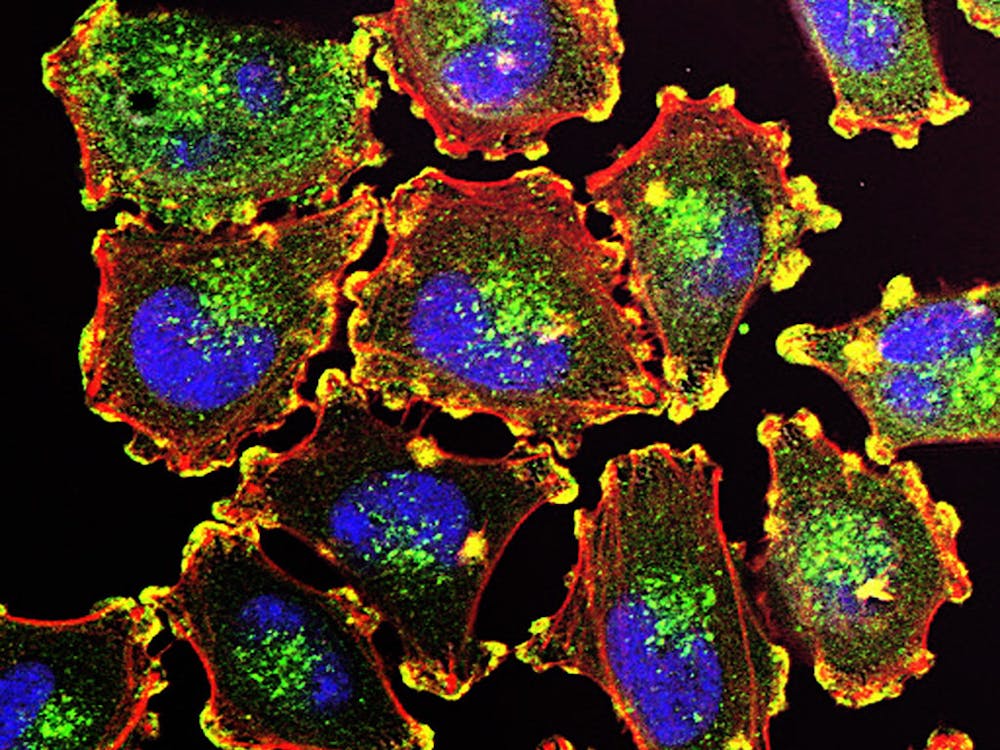Internet trolls: unanimously hated by other web users and virtually unblockable by website administrators. These attention-seeking creatures are a growing problem for websites with commenting platforms. They post inflammatory remarks, for the sole intention of infuriating other users. While seasoned web users have learned to simply ignore these trolls, novice users are victimized by their tactics daily. Who are these mysterious creatures? What are they like in real life, unguarded by the mask of online anonymity?
Through online surveys from over 1000 participants, a team of researchers in Canada set out to answer these very questions. The study was designed to highlight correlations between the real-life personalities and the online personalities of Internet users. Survey participants were asked to categorize their online conduct based on five categories: “debating issues that are important to you,” “chatting with others,” “making new friends,” “trolling others” or “other.”
The answers were then converted into personalities by a test called the Dark Triad. This scale, developed by psychologists Delroy Paulhus and Kevin Williams, describes an individual’s relative degree of narcissism, Machiavellianism and psychopathy. The converted survey results reinforced the general notion that Internet trolls have similar personalities. Trolls, unlike Internet chatters or debaters, consistently described their comments as sadistically motivated.
So there it is. Trolls derive enjoyment from other’s suffering. In an attempt to deal with the problem, Youtube recently removed anonymity as an option for video comment writers. This will ensure all comments are linked to the commenter’s Google account, thereby allowing anyone to access the commenter’s Google Plus profile. Youtube and Google, thinking trolls gain power from anonymity, hope this will deter Internet trolling and bullying as well. Popular Science, an online science publication, took this anti-troll activity even further: The site removed the comments section entirely. Eventually, if Internet administrators cannot develop a way to combat trolls, the Machiavellian tendencies of some users may severely restrict Internet freedoms.






















Please note All comments are eligible for publication in The News-Letter.